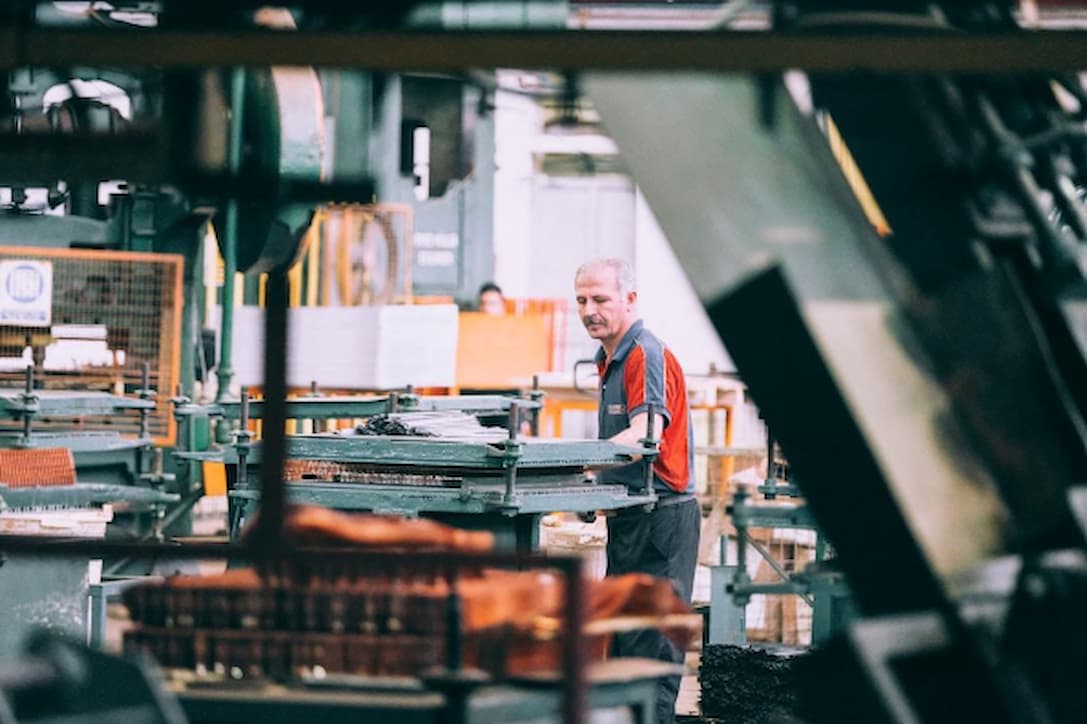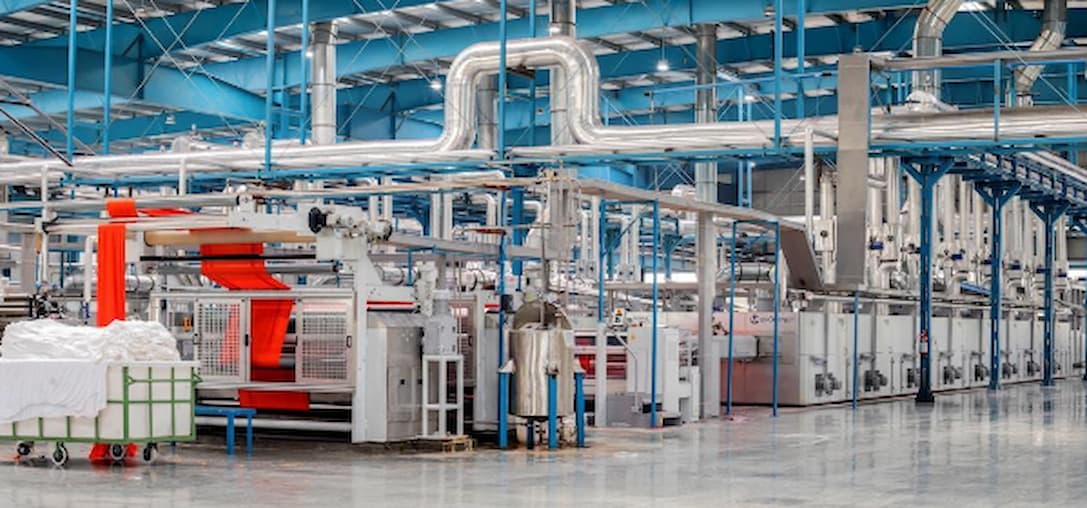Managing operating expenses in the industrial sector is a constant battlefield where trimming costs without compromising quality is essential. An efficient pathway to achieving substantial savings lies in examining and enhancing key operational components, from energy consumption to heating, ventilation, and air conditioning systems, down to maintenance protocols. Implementing even minor adjustments can lead to impressive reductions in expenditures, allowing for a more sustainable and profitable operation. This article uncovers strategies to fortify systems against unnecessary losses, thus boosting performance and the bottom line.
Purchasing Quality, Used Equipment

In today’s competitive business landscape, the rising expenses associated with industrial operations pose a significant challenge for business owners striving to safeguard profit margins. To combat these ballooning costs, it is crucial for entrepreneurs to explore cost-saving measures, and one effective approach is investing in high-quality, pre-owned equipment. The acquisition of brand-new industrial machinery can be financially daunting for businesses, particularly for those operating on tight budgets. However, opting for well-maintained, used equipment can present a cost-effective alternative without compromising on operational efficiency.
When shopping for an evaporator, condenser, or other machinery, for example, many astute business owners are increasingly turning to the used equipment market to capitalize on substantial savings and reliable performance. By choosing reputable sellers and thoroughly vetted products, businesses can acquire the necessary equipment at a fraction of the cost, thus optimizing their operational expenditures.
The key lies in identifying trustworthy suppliers and diligently assessing the condition and performance capabilities of the used equipment to ensure seamless integration into the existing industrial processes. In doing so, business owners can effectively mitigate financial strains while enhancing their operational capabilities through the strategic procurement of quality used equipment.
Enhancing HVAC System Performance


Operating costs can spiral out of control in industrial settings if systems are not running at peak efficiency. Modern Mechanical HVAC offers sophisticated solutions to optimize heating, ventilation, and air conditioning systems. Focusing on system performance contributes to a drastic drop in energy consumption, a significant factor in operational expenditure. For further details on their services and capabilities, you can visit their website at http://www.modernmechhvac.com/.
Meticulously calibrating sensors and controls is crucial to ensuring HVAC units operate within their optimal parameters. This prevents machinery degradation that can result in inflated energy use and costly repairs. This attention to detail sustains an environment conducive to machinery longevity and decreased downtime.
Upgrading to energy-efficient components plays a pivotal role in reducing consumption. Outdated systems often struggle to meet the demands of a dynamic industrial space, leading to unnecessary energy wastage. By retrofitting with high-efficiency parts, systems work less strenuously, conserving energy and reducing operating costs.
Thermal zoning is another technique used to enhance HVAC performance. By creating distinct temperature-controlled zones, energy is used judiciously, avoiding needless heating or cooling in unoccupied spaces. This strategy aligns with the nuanced needs of various production areas, yielding a precise approach to temperature management.
Streamlining Maintenance Processes
Efficient maintenance processes are a cornerstone for mitigating operational costs in industrial settings. By streamlining these processes, businesses can minimize downtime and prevent the exorbitant costs associated with machinery failures. A lean approach to maintenance not only enhances productivity but also preserves the vigor of the equipment.
Adaptive maintenance strategies are integral to modern industries seeking cost-effectiveness. Implementing advanced diagnostics tools enables timely identification and rectification of potential issues before they escalate. This proactive stance reduces the likelihood of unforeseen disruptions and extends the service life of critical machinery.
Integrating computerized maintenance management systems (CMMS) narrows the margin for error and promotes operational continuity. These systems yield actionable insights into maintenance schedules, inventory management, and equipment history, which are crucial for informed decision-making and resource allocation.
Empowering maintenance teams with advanced training propels efficiency and equips staff with the necessary skills to address complex challenges swiftly. Skilled technicians apply their expertise to optimize the maintenance workflow, ensuring equipment reliability and enhancing the company’s ability to regulate costs effectively.
Overall, implementing strategies to reduce operating costs in industrial operations involves optimizing equipment purchasing, enhancing HVAC system performance, and streamlining maintenance processes. By focusing on these areas, businesses can achieve significant savings, protect profit sustainability, and maintain a competitive edge in the market.



